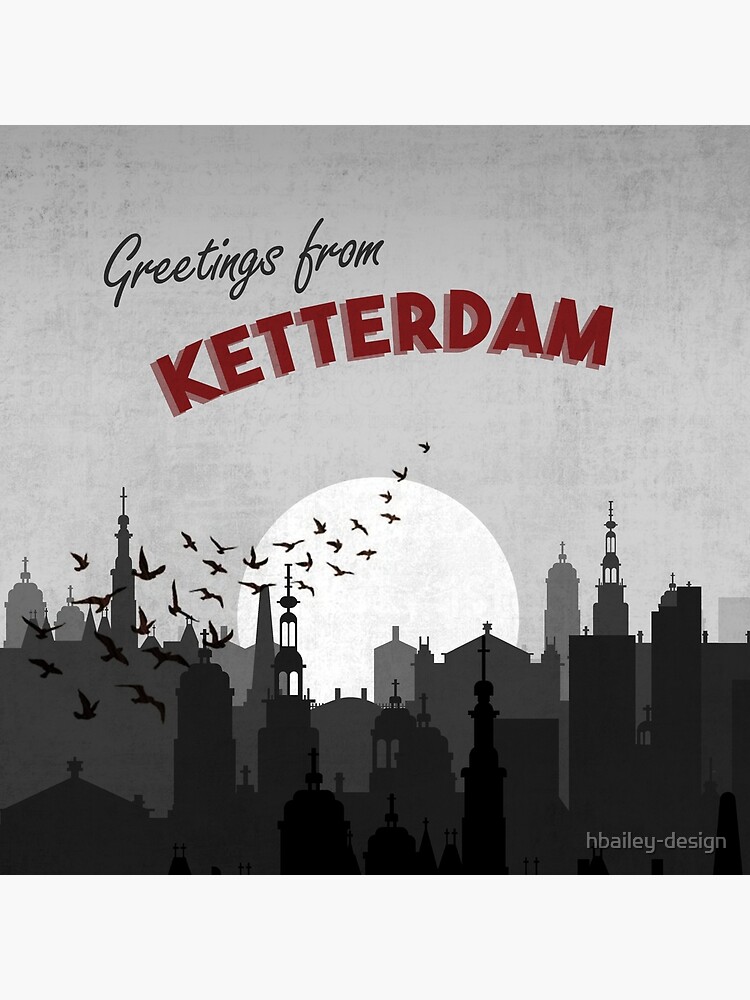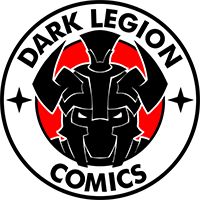Book Discussion: Six of Crows

Book discussions were a staple of the old Dark Herald blog it’s long past time I did one here.
Holland is a very unusual setting for a fantasy setting.
The reason is both simple and complicated. The simple explanation is that you try to base a fantasy template on the mythology of a real country and Holland doesn’t have any myths. It’s not that they are just too dour and business-minded to consider something as frivolous as a mythology. It’s that there is no such thing as the Dutch. I’m sure there are Dutchmen skipping down to the comments to violently disagree with me about their non-existence. But that doesn’t change the fact there isn’t really a Dutch people, what there are, is three squabbling tribes that all live in the same area and for several hundred years various people have wanted to kill or enslave all of them. Consequently, it’s usually been in their self-interest to show something of a unified front in the face of impending genocide.
When Leigh Bardugo first created her “Grishaverse,” she mentioned Kerch and its capital city of Ketterdam in the Alina Starkov trilogy of Young Adult books.
For those of you who are familiar with Lois McMaster Bujold, the difference between the Starkov trilogy and Six of Crows is the same as between Shards of Honor and Memory. Bardugo was still learning to write when she published her first books, Crows is a much more mature work.
This is a Gaslamp fantasy setting although it’s very nuts and bolts kind of fantasy. The magic is provided by gifted (or cursed) individuals called the Grisha. There are only three basic types, with specific and limited powers. A fabricator can’t heal someone, a wind-summoner can’t influence solid materials.
Ketterdam is a city that has become massively rich through trade. Their ships go everywhere, and Kerch fleets rule the seas. All those ships mean that sailors have to be entertained and preferably far away from decent people. That is where the Barrel comes in.
The Barrel is run by criminal gangs, so long as they keep victimizing each other law enforcement doesn’t take much interest in them. The clubs run by the gangs provide the traditional distractions for seafarers; booze, gambling, and prostitutes. The gang the protagonists belong to is the Dregs and they own the Crow Club.
What immediately gets your attention is the depth of the characters and the intricacy of the plotting. These characters aren’t the usual YA formula of tacking up various eccentricities on a bulletin board and then blindly throw darts at it until you something that sort of fits together.
They are all teenagers, but they have been surviving in the worst neighborhood in Ketterdam. So, they aren’t kids, not really. Survival in the Barrel doesn’t allow for a childhood.
The closest character to a kid is, Jesper. He’s very good with guns and is more than willing to use them at the drop of a hat. Of all the crows he’s the only one that seems to genuinely enjoy the gangster lifestyle. He was a middle-class kid who arrived at Ketterdam as a student. One winning bet was enough to have him hopelessly addicted to gambling. He is reasonably happy go lucky for someone who will kill at the drop of a hat.
Inej Ghafa is the best second-story man in Ketterdam, she is called The Wraith because of her talent for coming and going anywhere in Kettedam without the slightest detection. She born to a family of Suli (Gypsy) acrobats, Inej was kidnapped into slavery and sold to a whore house called the Menagerie, had to work there for years before Kaz Brekker bought her contract for the Dregs.
Kaz Brekker is the unofficial leader of the Dregs. He joined a down-and-out club with the intention of building them up and turning them into one of the weapons of revenge he intends to use against Pekka Rollins the uncrowned bloody-handed king of the Barrel. Which he has done. He is as brilliant as he is ruthless. His most pronounced weakness is crippling haphephobia, he constantly wears gloves to avoid touching anyone.
Nina is Grisha who is in Crows for one reason, she needs to get the man she betrayed out of prison.
Mattihas is the man Nina betrayed, he both hates and loves her.
Wylan Van Eck is the son of a Ketterdam aristocrat and does really matter in this book until the last chapter so enough said.
The MacGuffin in this story is Jurda Parem, a drug that supercharges a Grisha’s abilities, although at the price of instant, crippling, and rapidly degenerating addiction. The nation of Fjerdland has its creator laboring in the Ice Court, a fortress that has never been breached in history.
The Crows have been made the life-changing offer of 30 million if they can break him out and spirit him back to Ketterdam. It’s a suicide mission but the reward is “the score that’s bigger than life.” Kaz Brekker is convinced that his team can crack the Ice Court.
There was surprisingly little in this book that didn’t work for me. The only thing that took me out of the story was the tank scene. However, it didn’t take my wife out of the story and she was deeply annoyed with me for going into all the reasons it wouldn’t have worked. Consequently, I will have to grant that for a general knowledge audience it will probably work.
I admired the elaborate story plotting. All the setups were paid off and more importantly, the payoffs were set up. The narrative structure was smart, I rarely saw what was coming. I also had to admire Bardugo’s techniques in handling multiple characters, each with their own story arc (definitely studying that).
Her prose is the good stuff, top shelf.
I think what surprised me the most was that these characters seem to have survived their transition to the small screen. The characters from Six of Crows were imported, intact, into the Netflix series, Shadow and Bone. Although their plot was left behind. As I’ve said before, this was done in part to make sure the audience had a chance to meet the Crows before Shadow and Bond is canceled. However, looking over Bardugo’s technique, she prefers not to leave a character hanging in long dark depression land after they’ve been captured or defeated or whatever else happened to keep them from getting to their objectives. She just switches POV as soon as they are in trouble and doesn’t get back to them until they getting themselves out of their last mess.
Bardugo is absolutely NOT one of us but I can admire a good book regardless of the author’s politics.
Okay, I’m done here.

